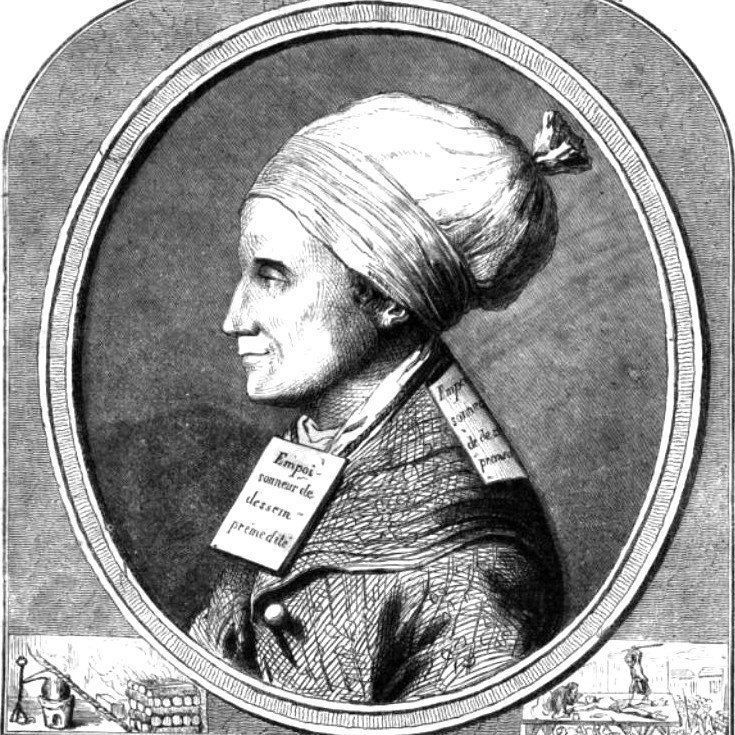
d: 1777
Antoine François Desrues
Summary
Name:
Nickname:
Desrues de BuryYears Active:
1773 - 1777Status:
ExecutedClass:
MurdererVictims:
2Method:
PoisoningDeath:
May 06, 1777Nationality:
France
d: 1777
Antoine François Desrues
Summary: Murderer
Name:
Antoine François DesruesNickname:
Desrues de BuryStatus:
ExecutedVictims:
2Method:
PoisoningNationality:
FranceDeath:
May 06, 1777Years Active:
1773 - 1777Date Convicted:
May 5, 1777bio
Antoine François Desrues was born in 1744 in Chartres, France, to humble parents. Orphaned at the age of three, he was raised by relatives. As a young man, he moved to Paris to seek his fortune and established himself as a grocer. Known for his outward piety and devotion, Desrues gained a reputation for being virtuous and trustworthy. However, his personal extravagance led to financial ruin, and by 1773, he was in dire economic straits.
murder story
In 1773, Desrues entered into negotiations with Madame de la Motte for the purchase of her country estate. When the time came to finalize the transaction, he invited her and her 16-year-old son to stay with him in Paris. During their stay, Desrues poisoned both mother and son, forged a receipt for the purchase money, and attempted to claim the property by adopting the aristocratic title "Desrues de Bury."
The sudden disappearance of Madame de la Motte and her son aroused suspicion, leading to an investigation. Desrues was arrested, and the bodies of his victims were discovered. Initially sentenced to life imprisonment, he was retried and condemned to death. On May 6, 1777, Desrues was executed in Paris by being broken on the wheel and burned. Throughout his trial and up to his execution, he maintained his innocence, a stance that sparked debate and fascination in the years that followed.